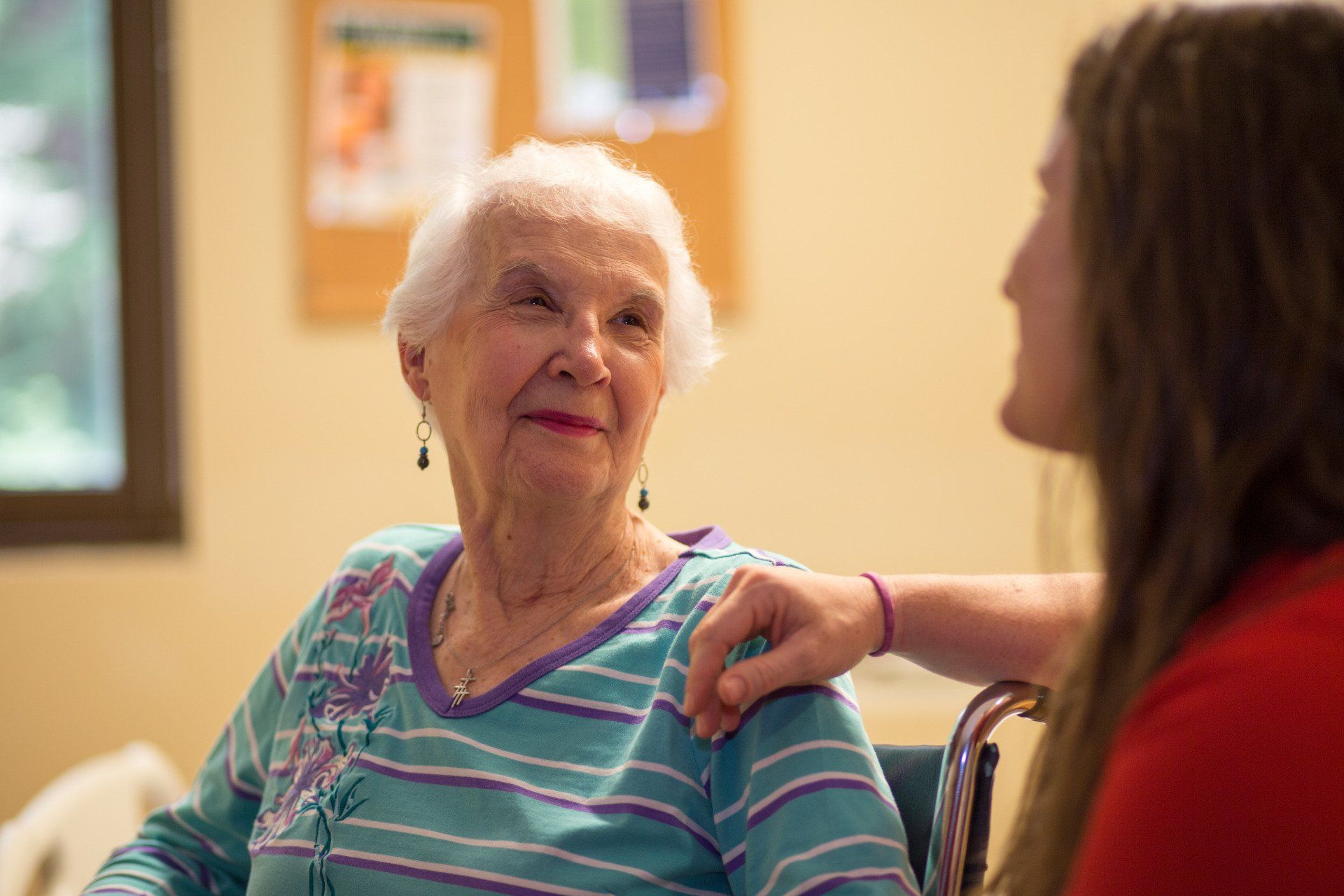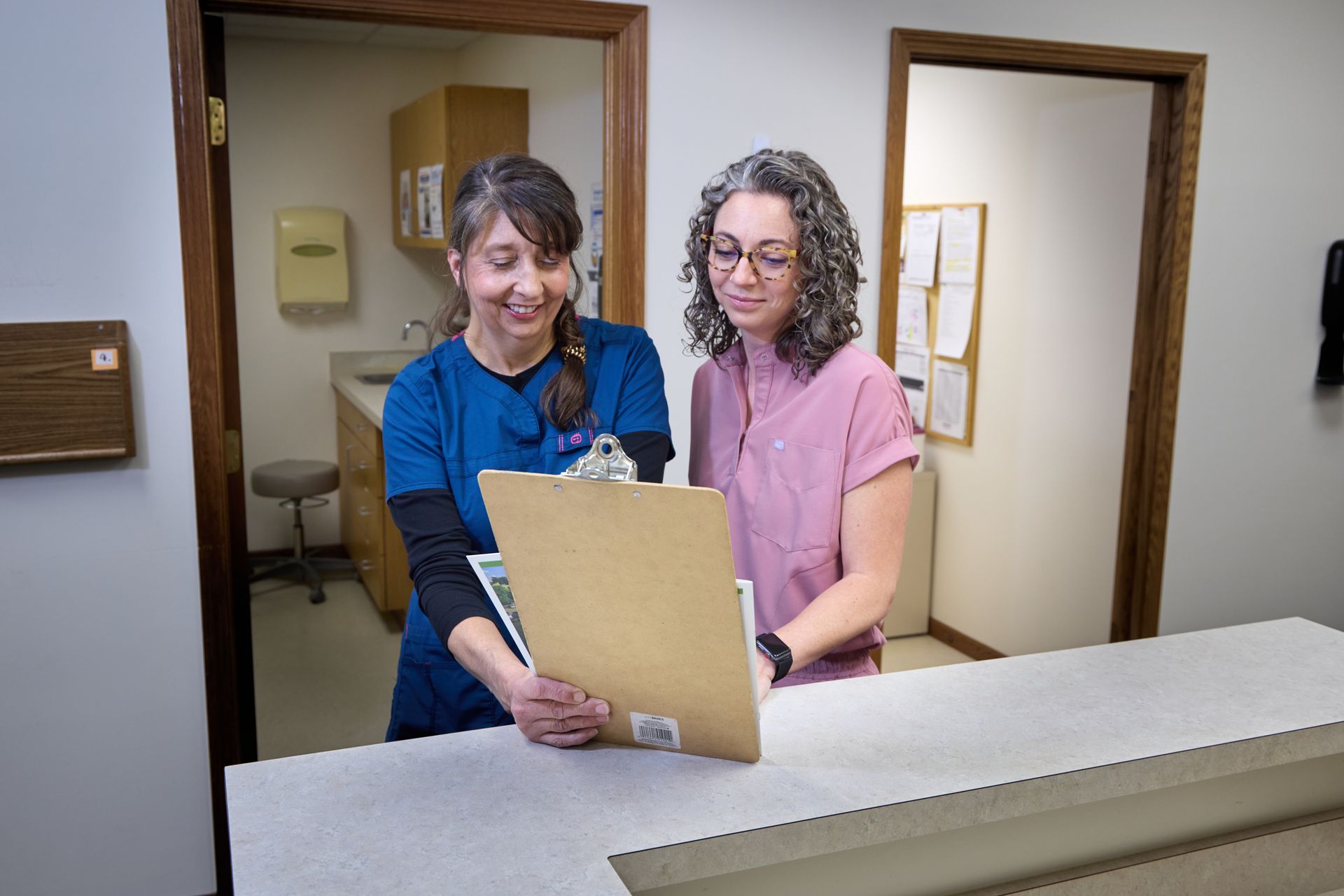Your Questions Answered with Dr. Rodney Miller
How concerned should I be about going to my doctor visit or having a procedure at the hospital?
That is a very good question, and the answer may change with time. Currently the CDC is recommending people isolate themselves to help prevent the spread of COVID-19. However, seeking medical care is warranted. In-person visits or telemedicine can be utilized. Hospitals and offices are routinely monitoring patient and employee temperatures as they enter and exit the building. Also sometimes obtaining a travel history and finding out if they or a close acquaintance may have symptoms that are concerning. Of course, social distancing is recommended as well as wearing a face covering over the mouth and nose to help prevent the spread of the disease. It is also encouraged to avoid large gatherings.
Asymptomatic people with no symptoms or pre-symptomatic people who have yet to develop symptoms can be potentially spreading the disease. Testing can be carried out to determine if a person has the disease, or has antibodies to COVID-19. Facilities are routinely cleaning thoroughly to help avoid the spread of the disease. With that being said, Holmes County has had a low incidence of COVID-19 and hopefully with our appropriate measures in place, it is relatively safe to visit your doctor or hospital.
Can I have my elective surgery?
Recently, the governor of Ohio has allowed elective surgeries to be performed at the hospitals and surgery centers. They are trying to avoid prolonged inpatient stays for non-emergency surgeries. Also, we are trying to prioritize patient care based on symptoms. Patients are being screened for symptoms of COVID-19 and testing may be performed preoperatively to check for the disease Patients are recommended to self-quarantine for two weeks to avoid becoming sick and potentially having complications of the disease. Patients that are elderly and have medical conditions may benefit from avoiding surgery if their symptoms allow.
I am trying to avoid surgery, how can I control my joint pain?
Ice, heat or pain-relieving ointments can be tried. Ace wrap or a brace could also be considered. Home exercises, chiropractic treatments and/or physical therapy, either virtual or in-person, could be utilized.If you are not allergic, Tylenol is typically a safe over-the-counter pain reliever. Never exceed the amount recommended on the bottle. Motrin or Aleve, anti-inflammatories, at low doses for a short period of time may also help. However, anti-inflammatory medications can increase your risk of stomach ulcers, heart attacks and stroke. Therefore, it is recommended to talk to your primary care provider before taking these medications for any length of time. Injections, such as cortisone or other medications, can help alleviate pain.
What is Telemedicine?
Telemedicine, also known as telehealth, utilizes a telephone call or cell phone with video capabilities, or a computer for the provider to evaluate the patient remotely Most insurances are now paying for this service to help maintain patient safety as well as the safety of the provider and their staff. A history and physical exam can be performed this way, and a treatment plan can be implemented. Follow-up visits, either virtually with telemedicine or in-person for future treatment, x-rays or injections can be established.










